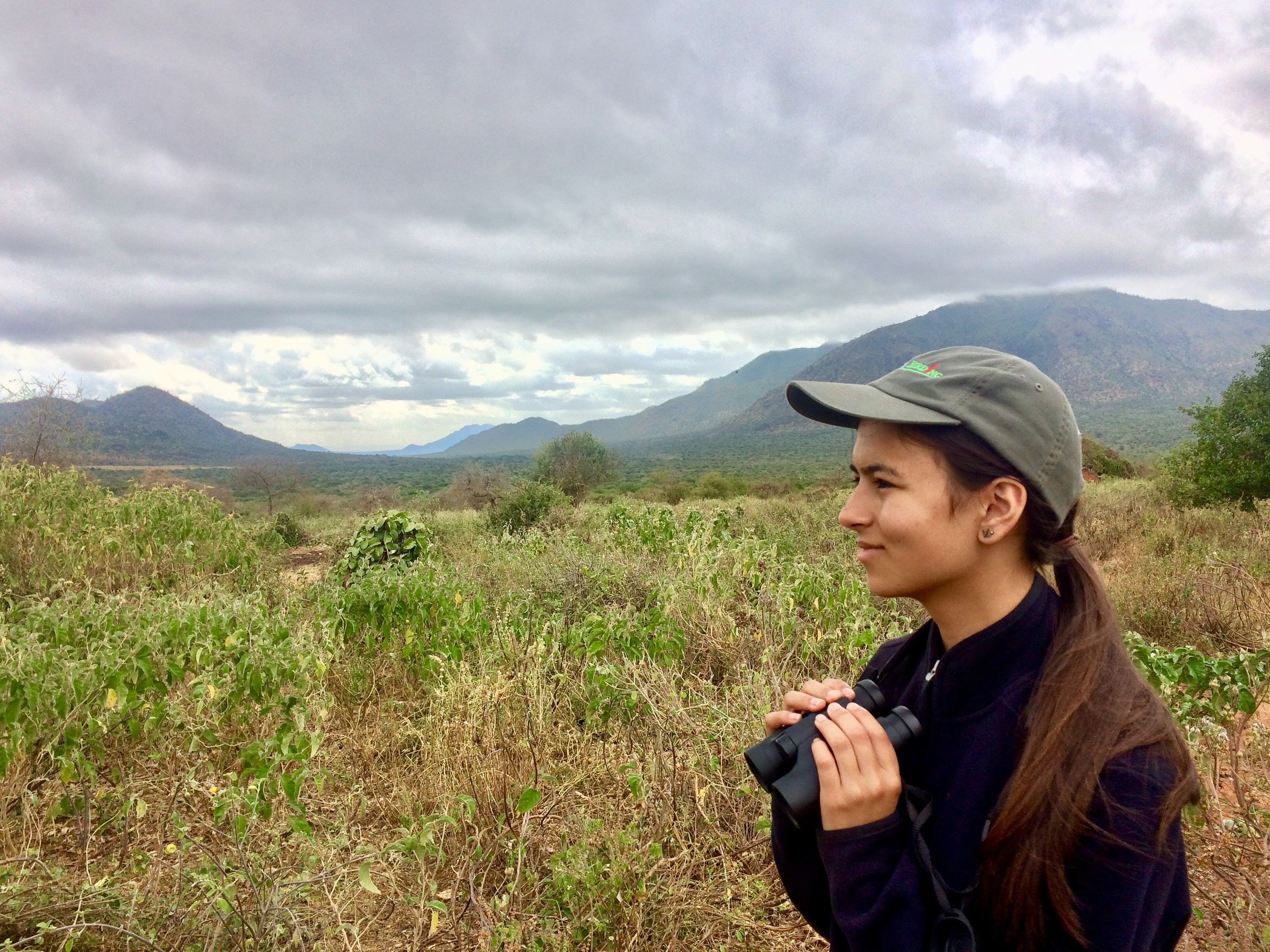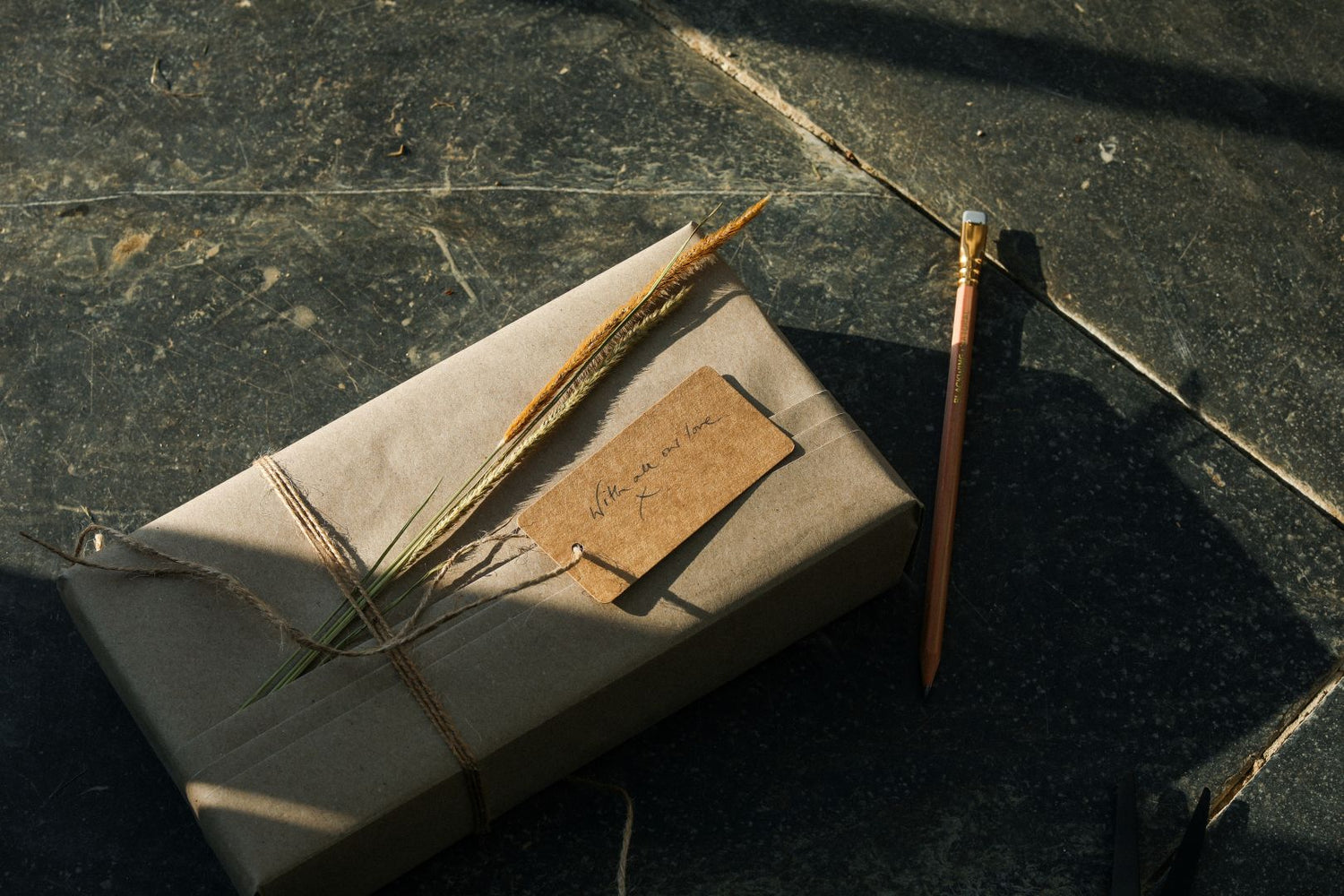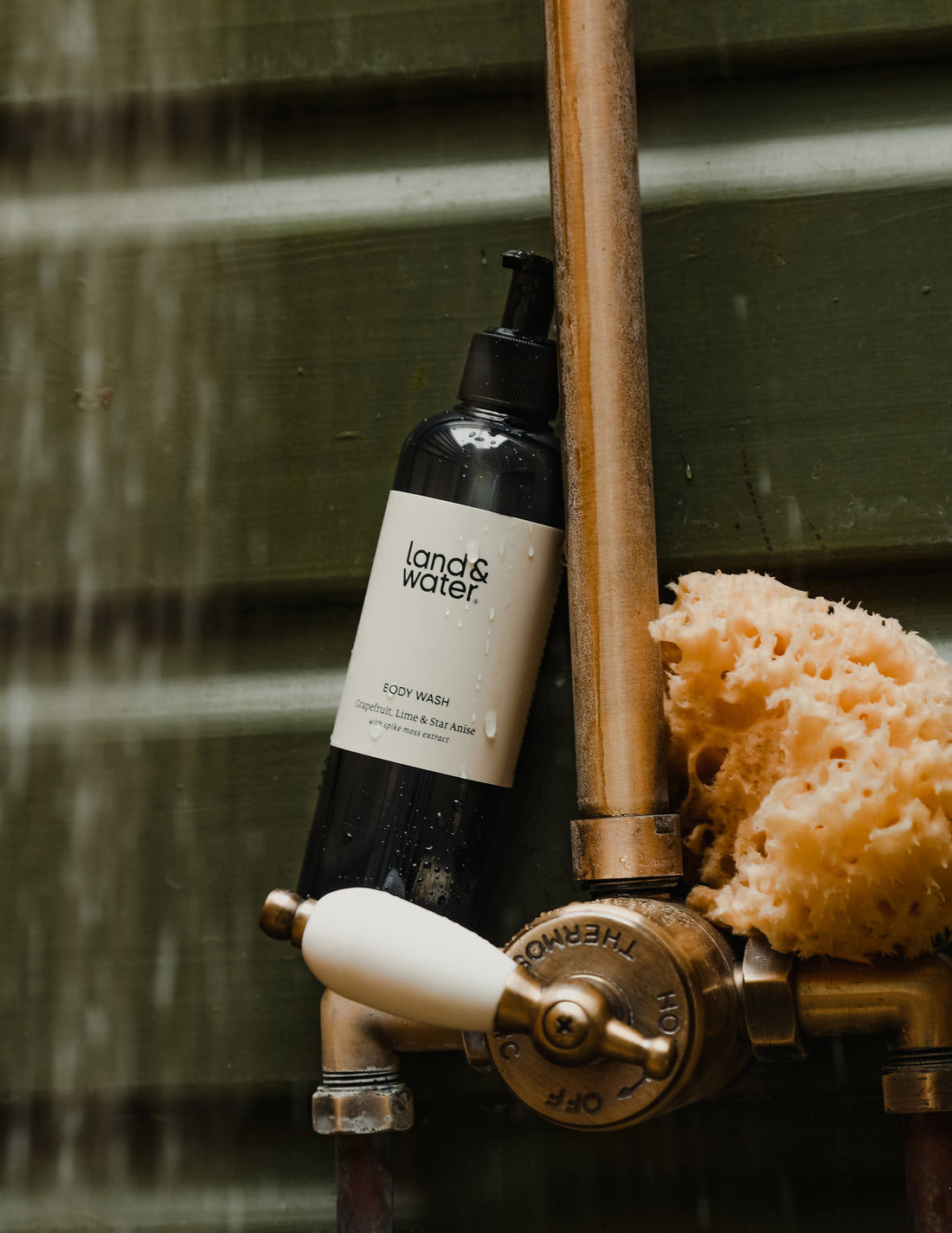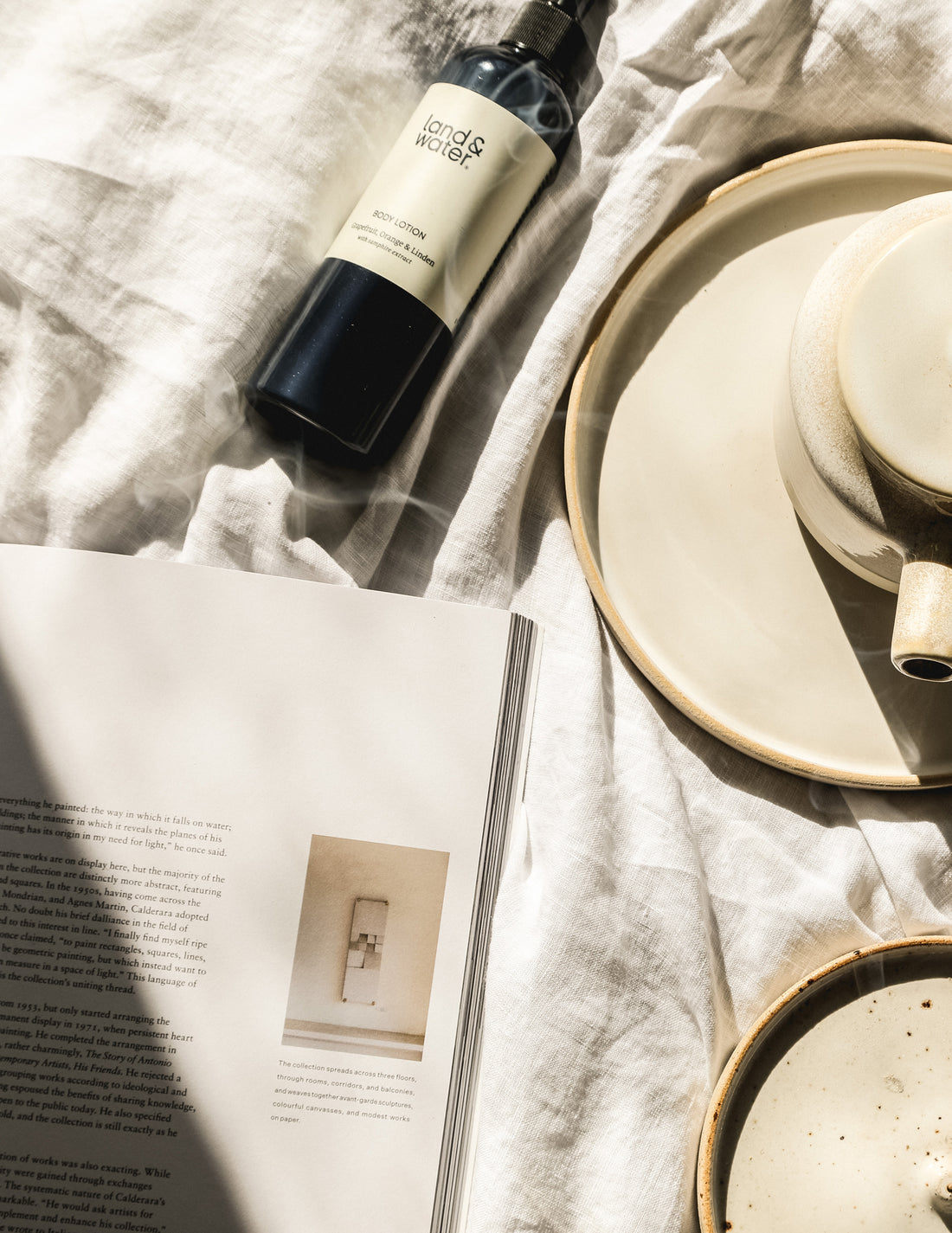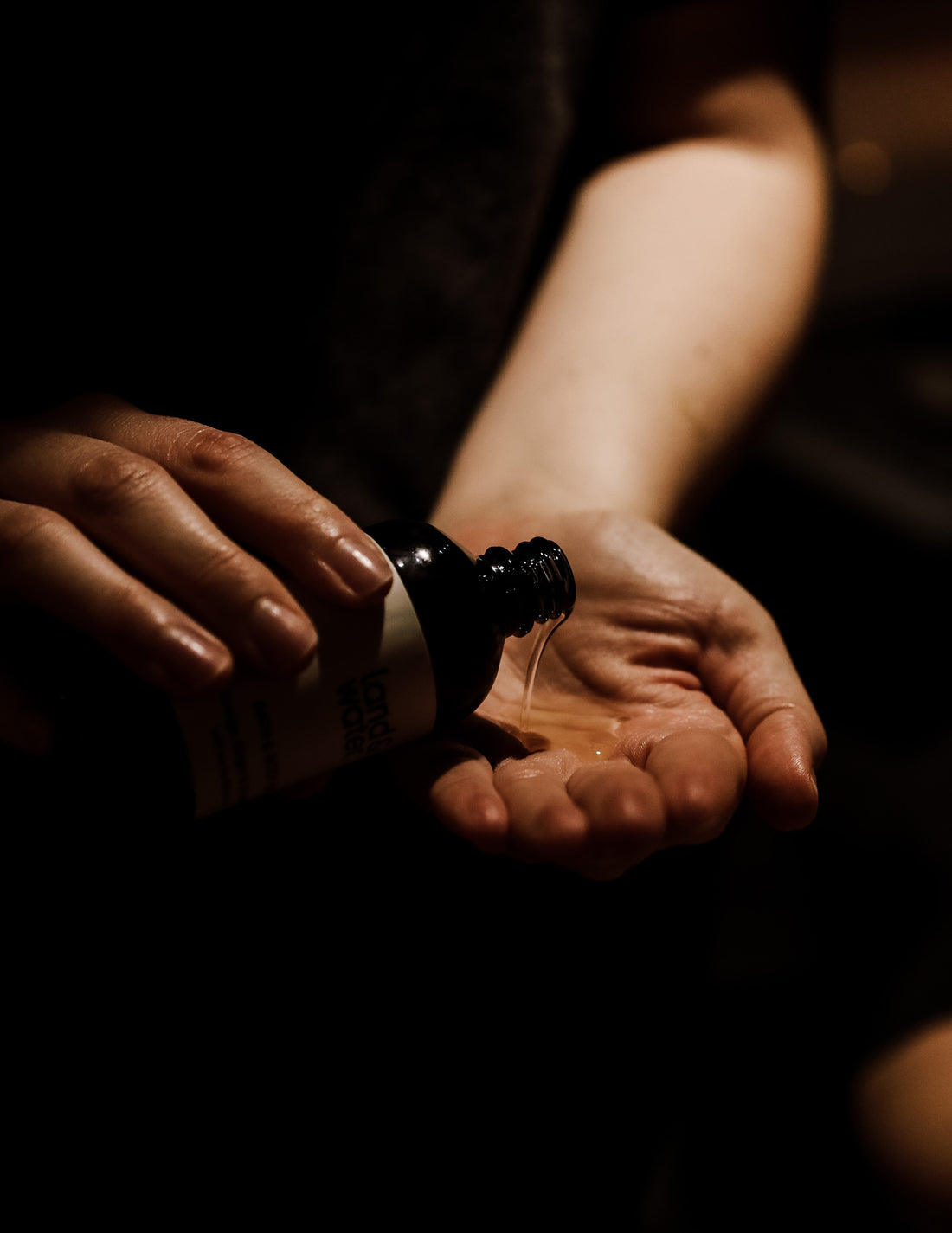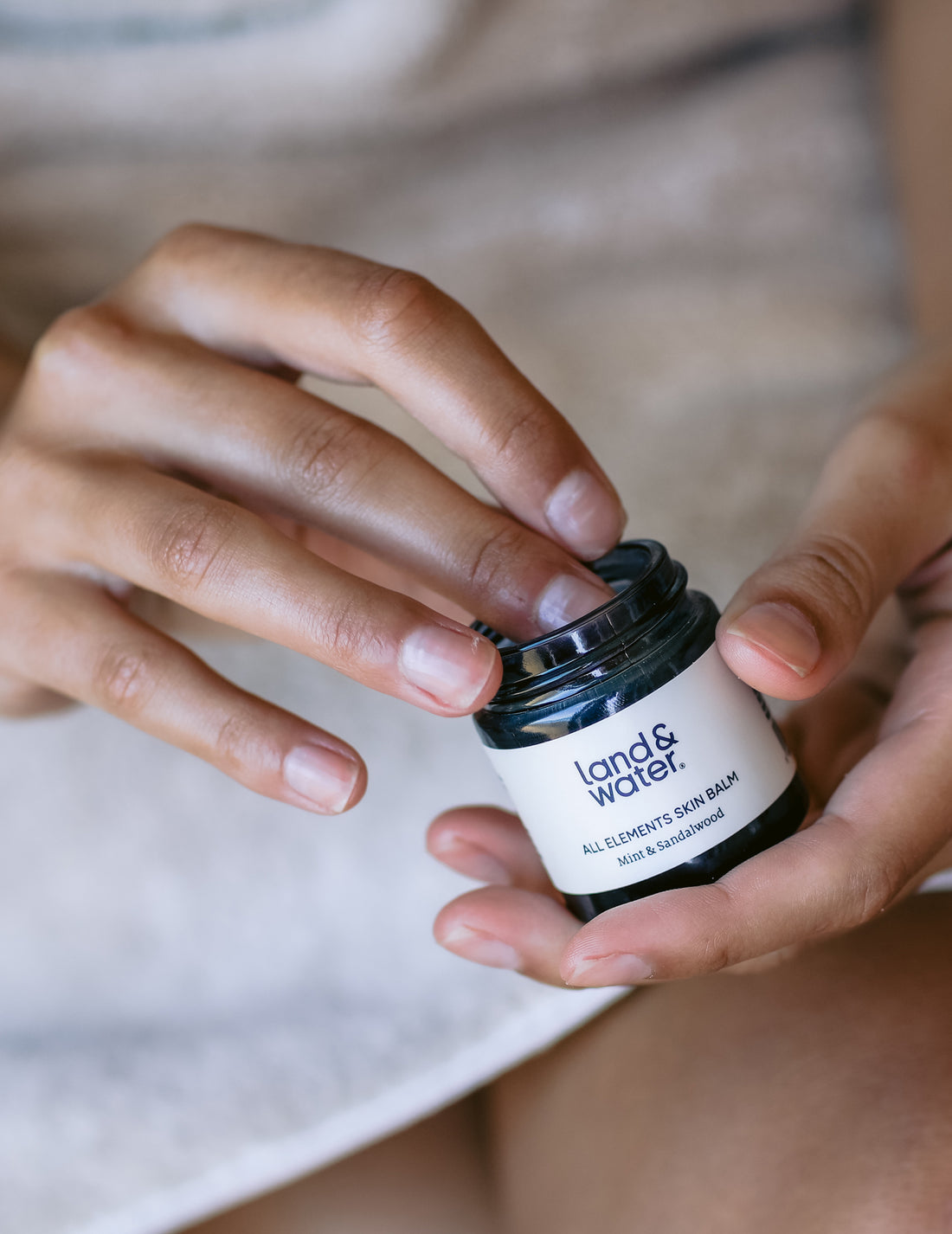Watching the birds to help get through life. Breathing in the fresh air on top of a granite tor. Swimming in clear water beneath towering multicoloured cliffs. Improving mental health and resilience…
In our Elemental Women series, we talk to some brilliant women about their relationships with nature and what time spent outside in the elements means to them. This time, we’re focusing on women whose charities are dedicated to getting more people, of all backgrounds and abilities, outside in nature to experience its powerful benefits for mental and physical wellbeing.
So we’re pleased to introduce:
- Mya-Rose Craig, Birdgirl and founder of Black2Nature
- Jo Roberts, CEO at Wilderness Foundation UK
- Catherine Reed, head of adventures at Dementia Adventure
- Jo Sheppard, trustee at Head Outdoors
- Ayesha Ahmed-Mendoza, camps & events manager at Black2Nature
Read on to hear about their amazing work and the experiences they’re opening up for people – and please do support them in getting even more people out in nature by donating on their websites.
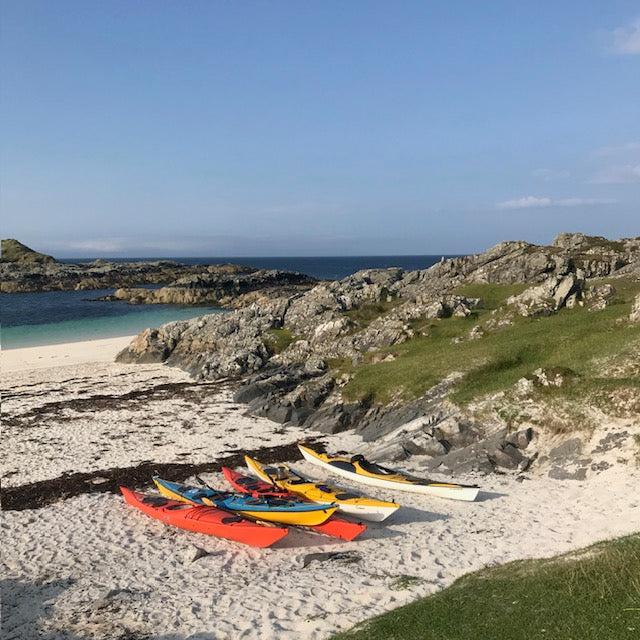
How does spending time outside and in wild places make you feel, personally? What’s your dream way to spend a day outdoors?
MYA-ROSE CRAIG:
I’ve been out birding with my parents and older sister since I was 9 days old and it’s just what we did. My third word was ‘Birdie’, which I shouted from my pram, watching a very rare Black Lark from Central Europe.
Being outside in nature was where I felt happiest. The first time I went to a truly wild place was going birding in the South African national parks when I was four years old, and then in the Ecuadorian Amazon when I was eight. It was absolutely fantastic to experience the real wilderness and meet the indigenous peoples who live in those places.
In my memoir, Birdgirl, I wrote about my mum having severe bipolar disorder, how that impacted on my life and the anxiety I experienced as a result. It was going birding around the world that helped us cope as a family.
So for me, watching birds helps me cope and manage life. I’m not good at mindfulness and so looking at birds is my way of relaxing; it helps distract me from what’s going on in my head.
My dream way to spend the day outdoors is being somewhere with lots of different birds, so somewhere like the Somerset Levels near Glastonbury in autumn, when there are lots of birds migrating… But sharing it with 30 Visible Minority Ethnic (VME) teenagers from one of our Black2Nature free nature camps, enjoying their first outing and their first connection with birds.
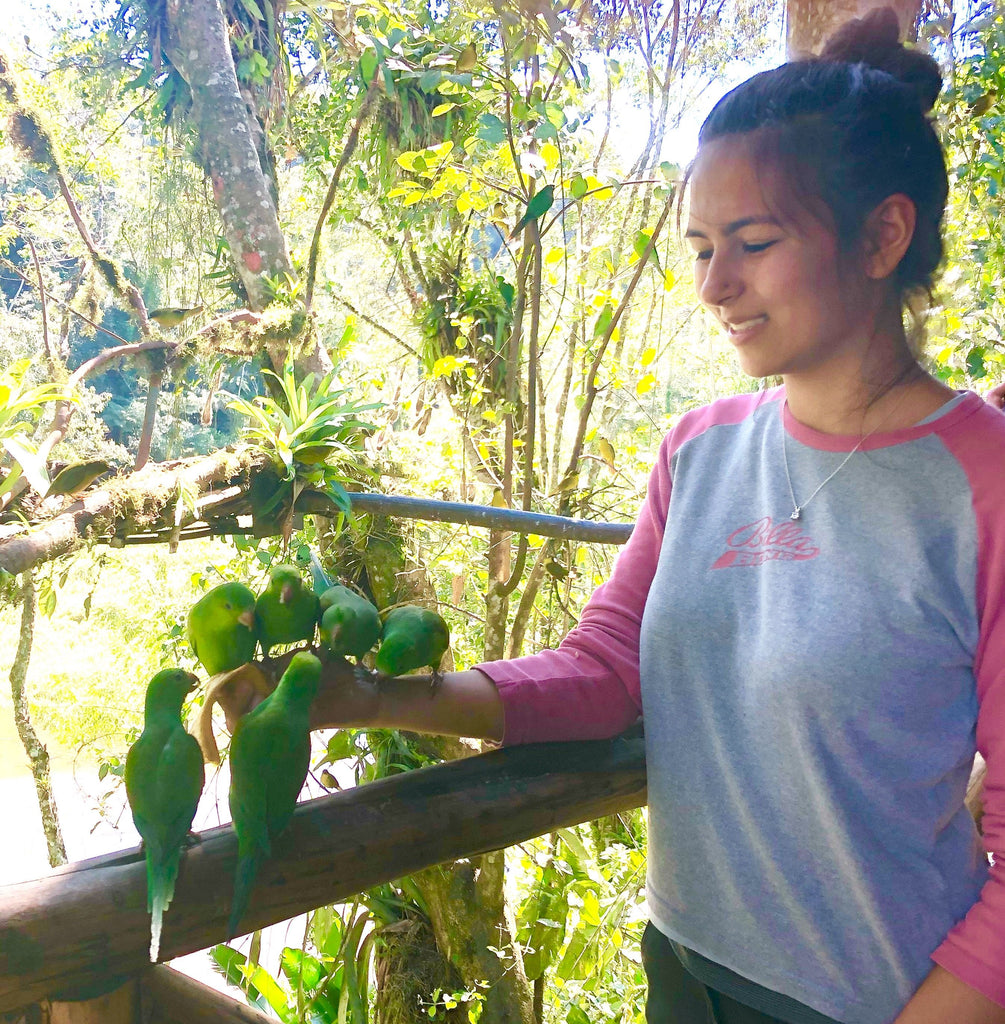 Mya-Rose Craig, aka 'Birdgirl', founder of Black2Nature
Mya-Rose Craig, aka 'Birdgirl', founder of Black2Nature
CATHERINE REED:
If I could live outdoors I would! Having recently spent a month travelling in a campervan around New Zealand with my husband and with absolutely no meals taken in restaurants but instead on the side of lakes, on the beach or with mountain views, I can honestly say I’ve never felt so relaxed.
I have learnt through several episodes of low mood that one of the keys to my own emotional wellbeing is being able to get outside into nature and the fresh air, where there is no pressure or judgement but I can just breathe and be. Waking up with the waves crashing on an empty beach while the little blue penguins made their way out to sea really is living the dream!
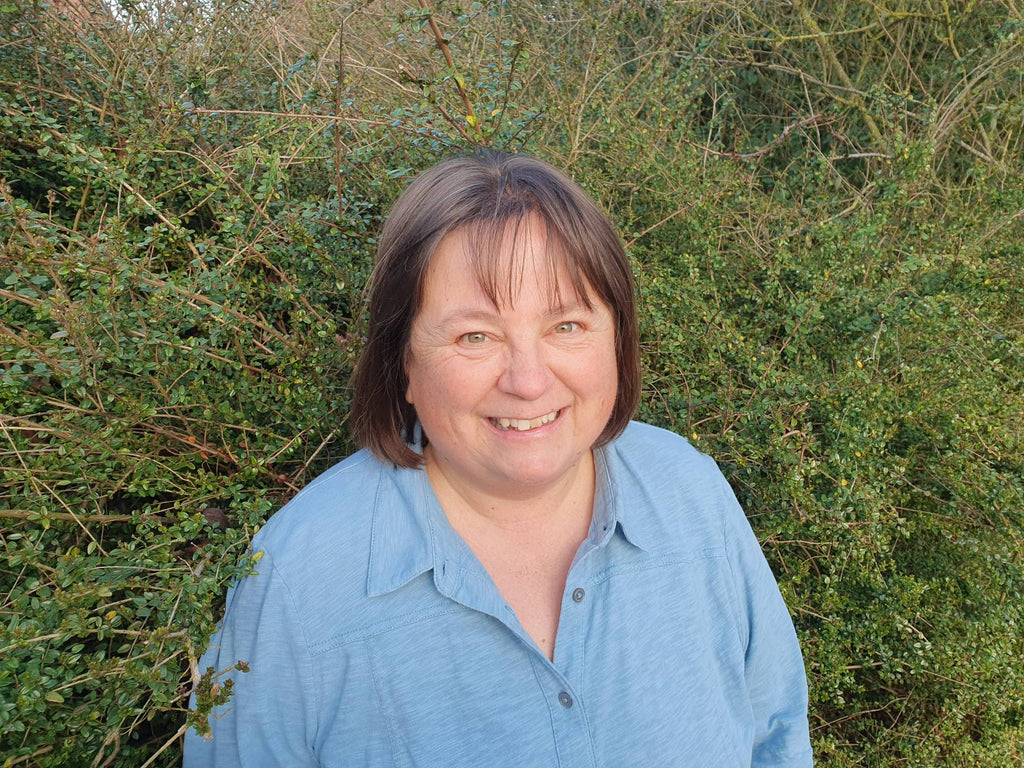
Catherine Reed, head of adventures at the charity Dementia Adventure
JO SHEPPARD:
When I’m outdoors in wild places, I feel that I am my true self. I love having all my senses awakened and it’s especially true for me when I’m on the water. My dream way to spend a day outdoors is to launch our rib at Lymington slipway and go across to Alum Bay on The Isle of Wight, where we anchor and swim in the clear sea with the towering multicoloured cliffs stretching up to the sky. It’s cold but feels amazing. And afterwards, being wrapped up with the sun and wind on my face as we head home feels so good.
AYESHA AHMED-MENDOZA:
Being outdoors has a huge positive impact on my mental health and wellbeing. It makes me feel happy and relaxed being outdoors and in wild places.
My dream way to spend a day outdoors would be to go to an exotic country and be able to see amazing wildlife like colourful frogs and birds. There are so many incredible creatures in this world.
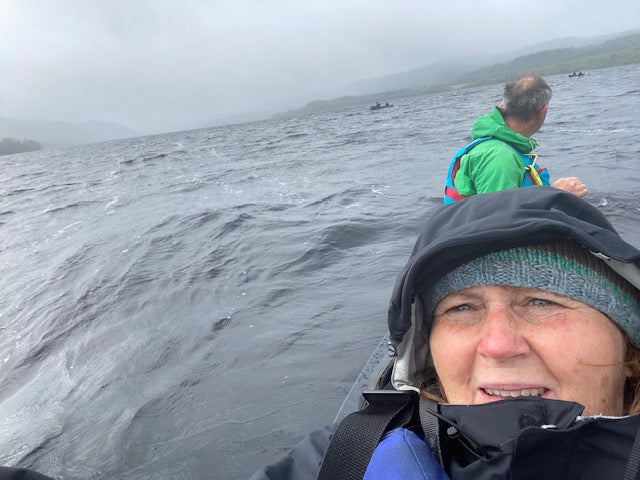
Jo Roberts, CEO of Wilderness Foundation, kayaking on Loch Awe
JO ROBERTS:
In wild places I feel the most present, aware, alive and very much me. A joy builds up from being in beauty, or weather, or spaces that are quieter…I have space to think, be creative, and be adaptive
I love being with others who share my passion for nature, and that feeds my soul. But my ultimate love is sea kayaking or canoeing, and the mix of water and great beauty. At The Wilderness Foundation, we have run therapy trails wild camping and sea kayaking on the west coast of Scotland – and the mix of the breathtaking scenery, the sense of edginess on being in the waves and bigger seas, plus being together and working as a team with a deep purpose of supporting others, is very special and hugely impactful.
But also, just being in any wild place with time to enjoy and notice what is around me can be more than enough.
Why is it so important to open up this opportunity to more people?
AYESHA AHMED-MENDOZA:
There are so many people who don’t get the opportunity to experience the outdoors. The VME families we work with are usually families consisting of four or five. They may only have one car in the family, which is used by the father who is a taxi driver, for example.
We provide all our activities completely free of charge to break down this barrier, including free transport and food.
Many of these families also live in a flat with no garden or green space available to them. They suffered negatively during Covid, being isolated and trapped inside their homes. By providing these opportunities to the young people, we’re improving their mental health and resilience – and also teaching them how to engage with nature and the outdoors positively in the future.
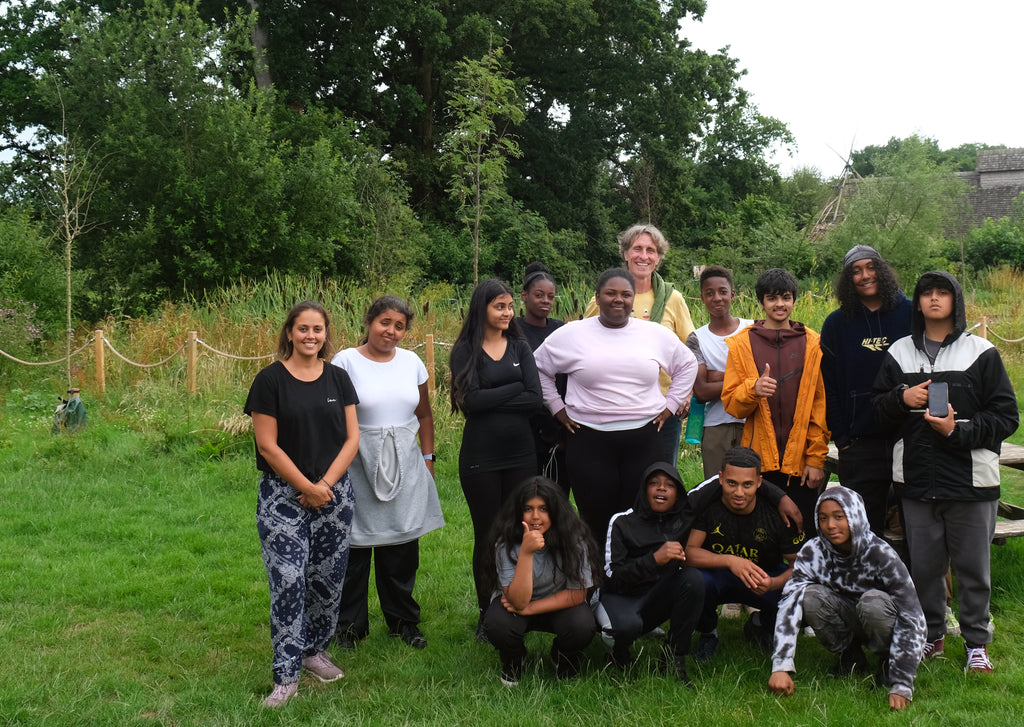
Ayesha Ahmed-Mendoza (left) with a Black2Nature camp group
JO ROBERTS:
Nature is the great healer of disconnection…being in nature helps us get from our rational thinking minds into a more sensory, feeling, heart space… There is an inbuilt evolutionary ‘coming home’ when we are in nature, and it helps people regain calm and tranquility – or, if necessary, an awareness of how they can adapt and cope.
Nature offers us seasons and regularity, a non-manipulative space, and without asking for anything back gives us a place to lean into. By experiencing nature in this way, it leads people to look at how they can protect what they love/care about and build an environmental ethic through this direct engagement. Heart-based conservation or stewardship is very powerful and offers more connection, more purpose, more belonging.
MYA-ROSE CRAIG:
There are a number of reasons why all VME people should get free access to nature.
First, there are barriers to accessing nature and the countryside, such as the cost of getting from the inner city to the countryside, the poor and degraded green spaces in our cities, and VME people feeling that the countryside is white and elite and that they might be targeted by racists, in places where people will not see or hear them.
Everyone has the right to free access to nature, like the right to education and the right to healthcare. However, there’s a massive difference in the access to nature for different ethnic communities. This is not acceptable and has knock-on impacts. Firstly, just the ability to enjoy nature and take in its beauty. Secondly, missing out on its benefits on physical and mental health. Thirdly, the way it can help improve people’s ability to study, and so help reduce the attainment gap. And finally, the benefits for wider society – as we need VME young people to understand about the urgent need to stop biodiversity loss and climate change, which we can encourage through making these subjects relevant.
My mother’s mental illness has made me realise how common mental illness is within VME communities. For example, 60% of the people admitted into psychiatric hospital wards are VME, although they only make up 18% of the population. And young Black men are 10 times more likely to suffer a psychotic episode compared to young White men.
I’ve found that VME children and young people who come to the countryside on our camps engage with nature very quickly.
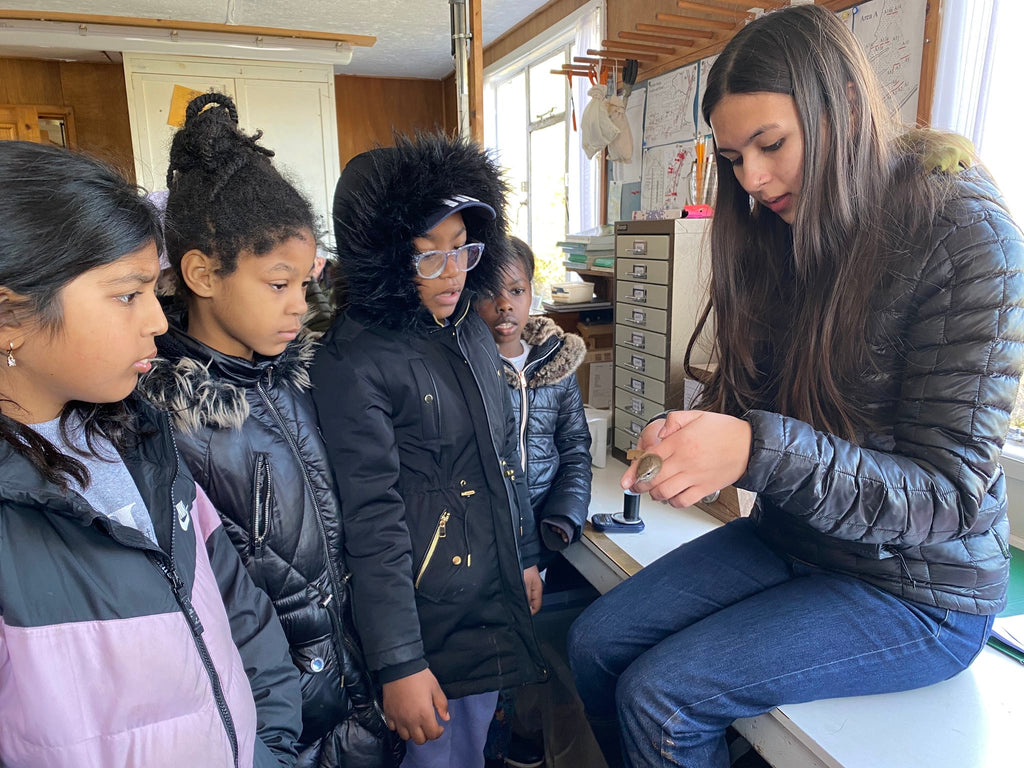
JO SHEPPARD:
We are an island nation and it’s important to work towards a more inclusive boating community. The benefits of being out on the water are well documented, improving mental and physical health and wellbeing. Head Outdoors raises funds to enable young people with mental health challenges to engage in outdoor activities as part of their self development and recovery.
CATHERINE REED:
There’s been a lot of research into the benefits of nature for mental and physical health. For example, just 15 mins a day can help to improve mood, sleep patterns, appetite and concentration, while reducing anxiety, depression and loneliness. We saw the negative impact that limited access to the outdoors had on people during lockdown. Of course, once the lockdown lifted most of us could get outside and access all the benefits of nature, but for significant sections of society, there are still barriers – not least for people living with dementia.
Approximately 900,000 people live with dementia in the UK, with that number set to rise to 1.6 million by 2040. Until we find a cure, we need to support people with dementia and their families to have active and fulfilled lives. Being supported to experience the benefits of nature and the outdoors can bring big improvements in quality of life. Yet many people think it’s safer to keep people with dementia indoors, resulting in an unnecessary decline in their physical, emotional and social wellbeing.
At Dementia Adventure we work to help remove the barriers that people living with dementia, and their carers face. We believe that with the right support, anything is possible. We create opportunities to access the benefits of nature through our supported holidays, and by training families and organisations.
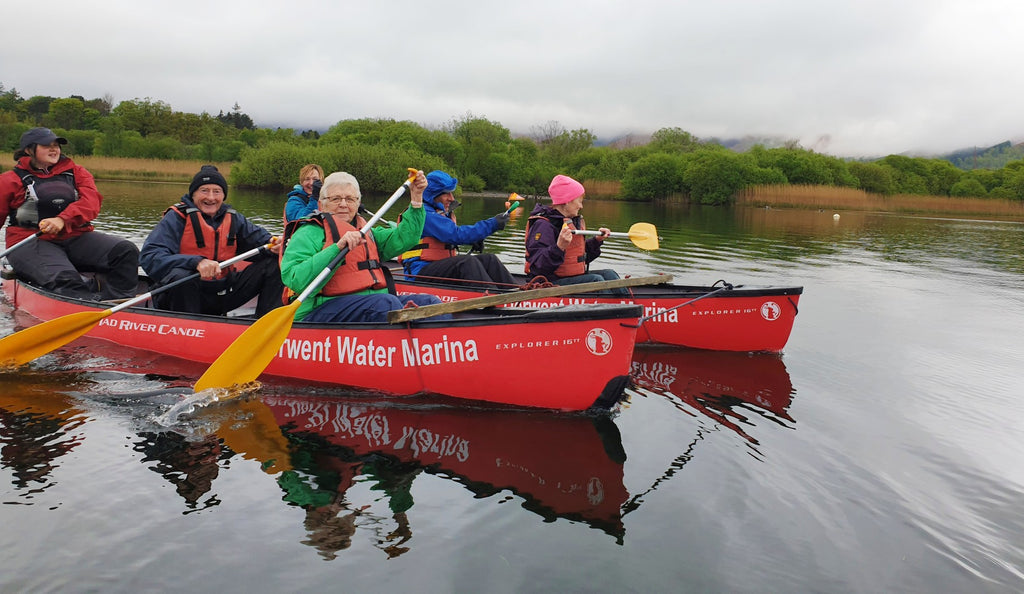 Group from Dementia Adventure canoeing on Derwent Water
Group from Dementia Adventure canoeing on Derwent Water
Can you share any stories from your work, of the positive impact these experiences are having on people’s physical and mental wellbeing, and general outlook?
JO ROBERTS:
We had a workshop/ three-day immersion in a wild wood with vulnerable young adults and teens. One young person had been totally disconnected from other people, school or anything sociable after experiencing extreme bullying and rejection from others. He was very nervous to engage and very negative. With gentle group discussion and nature-based therapy, he started to share and open up about his feelings, engage with others in the group, offer to help, and participate fully.
The rain pelted down on one of the days, but he loves to walk in the rain. So we walked, and there seemed to be something about the rain pouring down and the streams gushing, that gave his voice the same energy to pour out all his feelings. Water can be symbolic of nourishing and cleansing, and his ability to express himself mirrored this.
His final feedback from the time away was how much he enjoyed being part of something…and not being alone. This was a massive shift and growth and I don't think it would have happened indoors, with family stress and the pulls of social media and so on.
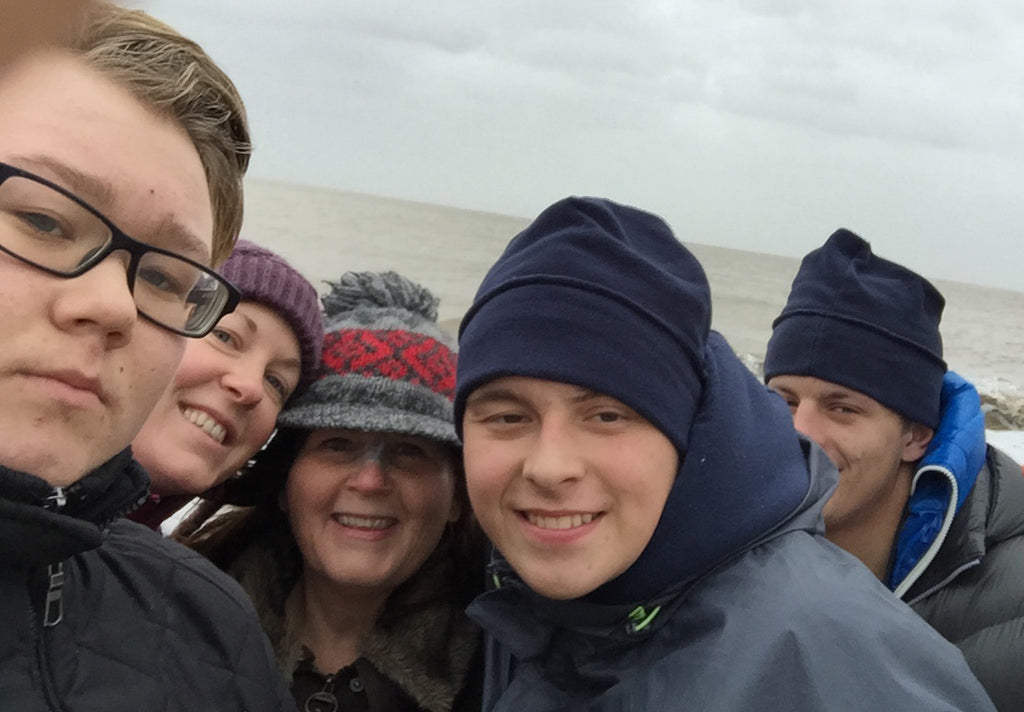
A Wilderness Foundation turn around group in Wales
MYA-ROSE CRAIG:
Black2Nature has taken hundreds of children, young people and families on its free overnight nature camps and events such as tree planting days and even days out to Glastonbury Festival. We talk to the teenagers about the racism they experience at school, how to empower themselves, how to learn mental health resilience and how to challenge their schools in order to get a better outcome and reduce the educational attainment gap. (You can read more about our mission on our website.)
One 10-year-old Somali girl who lived on a road congested with traffic told us that she loved the smell of the countryside. That even the smell of cow poo was better than the smell of pollution.
We’ve had children suffering from depression or anxiety learning how to use nature engagement when they returned back to their home and school. Most powerful is seeing a young person connect with nature for the first time; their big grin and surprise. Our work shows that anyone can engage with nature.
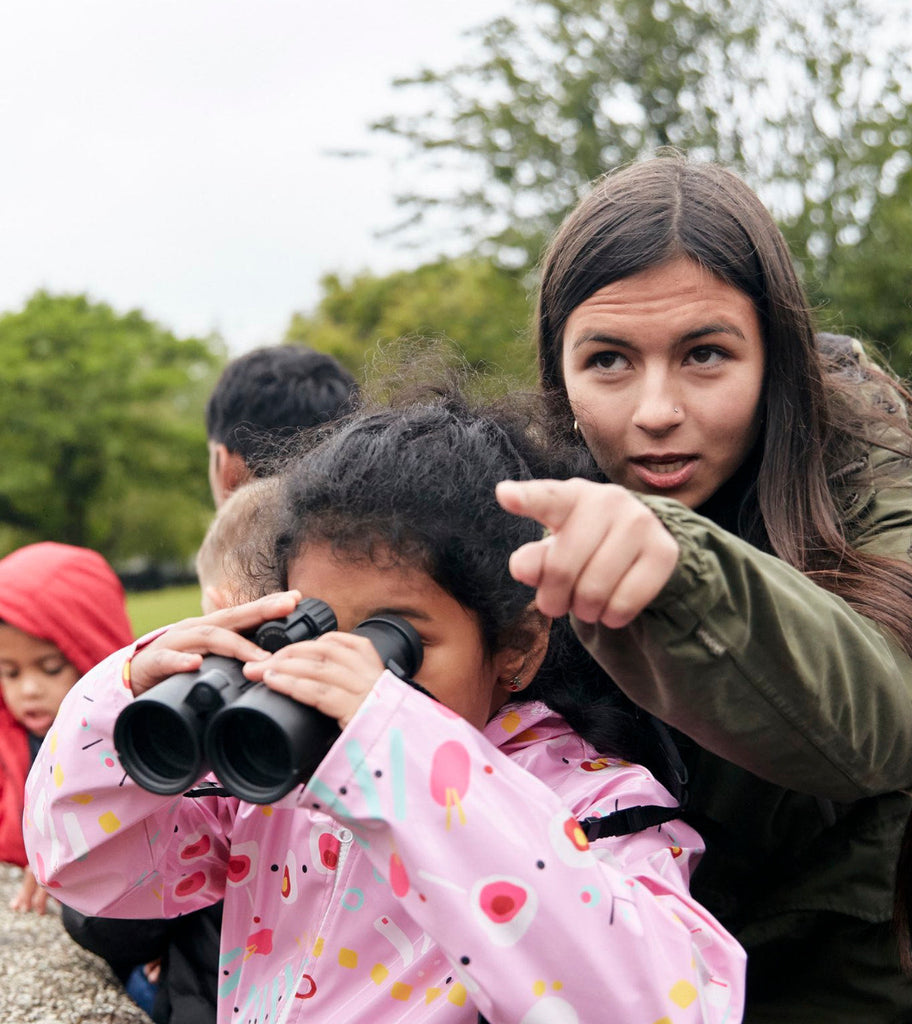
Mya-Rose Craig supporting a young birdwatcher
CATHERINE REED:
We supported Esther, her wife Angela, and their two children aged 5 and 9 to have a week's supported holiday in the Isle of Wight.
Angela was diagnosed with Alzheimer’s in the frontal and temporal lobes in 2018 – a variant of Alzheimer’s that affects judgement, understanding, and memory, and causes behaviour changes. Angela’s wife Esther, who she’s been with for 22 years, realised she couldn’t rely on Angela to supervise the children, and Angela’s relationship with her son became strained.
“Angela can’t understand why I stop her if she tries to take the children to do fun things. I end up feeling like a safeguarding officer," Esther told us. "It can be very lonely and I’m permanently at the edge of what I can cope with, without letting one of the plates I’m spinning fall.”
Since Angela’s diagnosis, taking a family holiday together had become logistically and financially impossible. The family needed a break – but couldn’t afford the care that would be required on top of the price of the holiday itself.
Esther called us and I knew straight away that Dementia Adventure could help. We took them to stay on a farm – the location prompted Angela to share memories of her own childhood with the children for the first time, and being outdoors so much really lifted her mood. Esther got to relax and be the mum and partner she wanted to be, and said the support meant they felt “like a ‘real’ family, doing normal things that families do”.
Since returning home, the family has continued getting out into nature and Esther has told us the holiday was "fundamentally life-changing". I love my job!
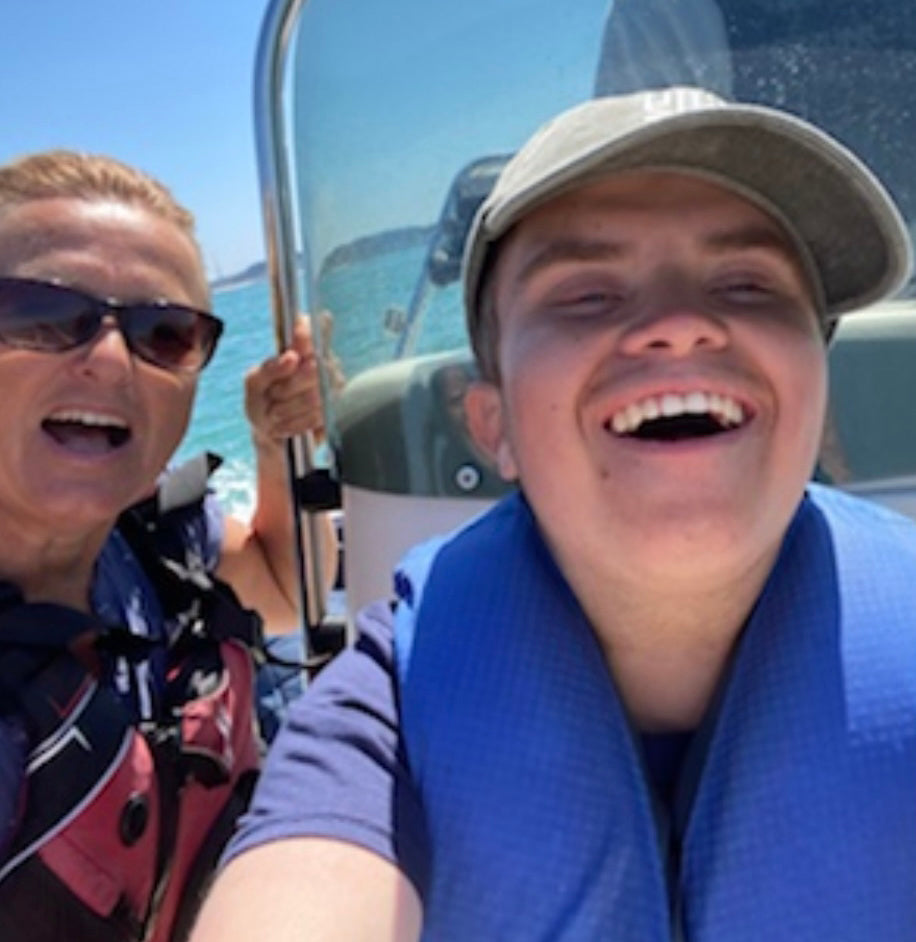 Jo Sheppard from the charity Head Outdoors supporting a young person on a boat adventure
Jo Sheppard from the charity Head Outdoors supporting a young person on a boat adventure
JO SHEPPARD:
I’ve worked with young people who have a range of disabilities, and have witnessed some incredible transformations when trying new experiences on the water. The young people often comment that in learning new skills, they feel more confident and have fun experiences to talk about with family and friends.
Experiencing moments of happiness during difficult times gives hope and enables people to feel they can face the future. Being on the water is liberating, and feels like you are in your own special bubble. These connections are treasured by the young people, their carers and the staff supporting them. As a trustee of the charity, I feel passionate about continuing to raise funds to extend our offering to more young people in Dorset and Hampshire.
AYESHA AHMED-MENDOZA:
There’s a young person called Shaan, who’s been coming to Black2Nature camps for two years and told us: “What I really enjoy is the rock climbing on Dartmoor. When you climb to the top and breathe in the natural air, it’s really refreshing. I also like bonding with people and making new friends, and feeling the difference between a forest, the countryside and the city. In Bristol there’s a lot of pollution… but when I come on Black2Nature camps the air is really refreshing. The forest has really improved my mental health.”
+
Please donate today to support these women's charities' incredible work, and spread the positive impact of time in nature for more people:
Meet some more fascinating women in Elemental Women: Part 1
Read our Journal piece 'Home' by Beth Collier, a nature allied psychotherapist and founder of the Nature Therapy School and Wild in the City charity


